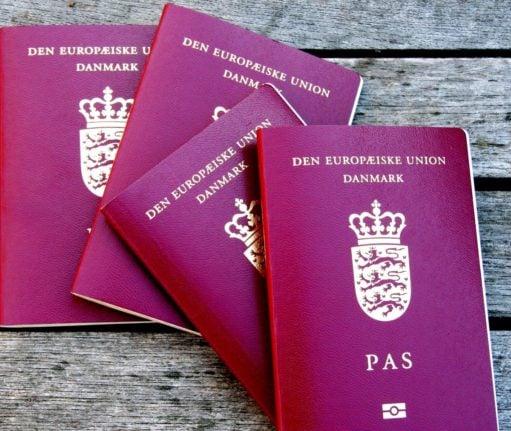A 58-year-old man who was given citizenship in 2015 has been stripped of his Danish passport after a Viborg court found he had lied on his application when he declared he hadn’t committed any crimes.
At the time of the application – which was submitted in 2013 – he had never been convicted or charged, but he was accused in 2016 of having assaulted a minor repeatedly from 2006 onwards. He was convicted in 2017 and sentenced to three years in prison.
The court found that he had committed crimes prior to his application in 2013, in contradiction with the declaration he made on the application.
As of May 1st this year, providing incorrect information on your Danish citizenship application is grounds for a reversal. The new policy applies retroactively.
Had he declared he had committed a crime in 2013, he would not have been granted citizenship, authorities argued in the case.
“You cannot sentence with retroactive effect, but in this case we are not talking about a sentence – even though it may seem so – but an administrative outcome, and so the law has retroactive effect,” Central and West Jutland police prosecutor Linette Lysgaard, who prosecuted in the case, told news wire Ritzau.
Of 21,000 cases reviewed since a 2018 law change, the Ministry of Immigration and Integration has so far flagged seven cases of this nature that it believes should be brought to court, newspaper Politiken reports. Wednesday’s ruling was in the first of those cases.



 Please whitelist us to continue reading.
Please whitelist us to continue reading.
Member comments